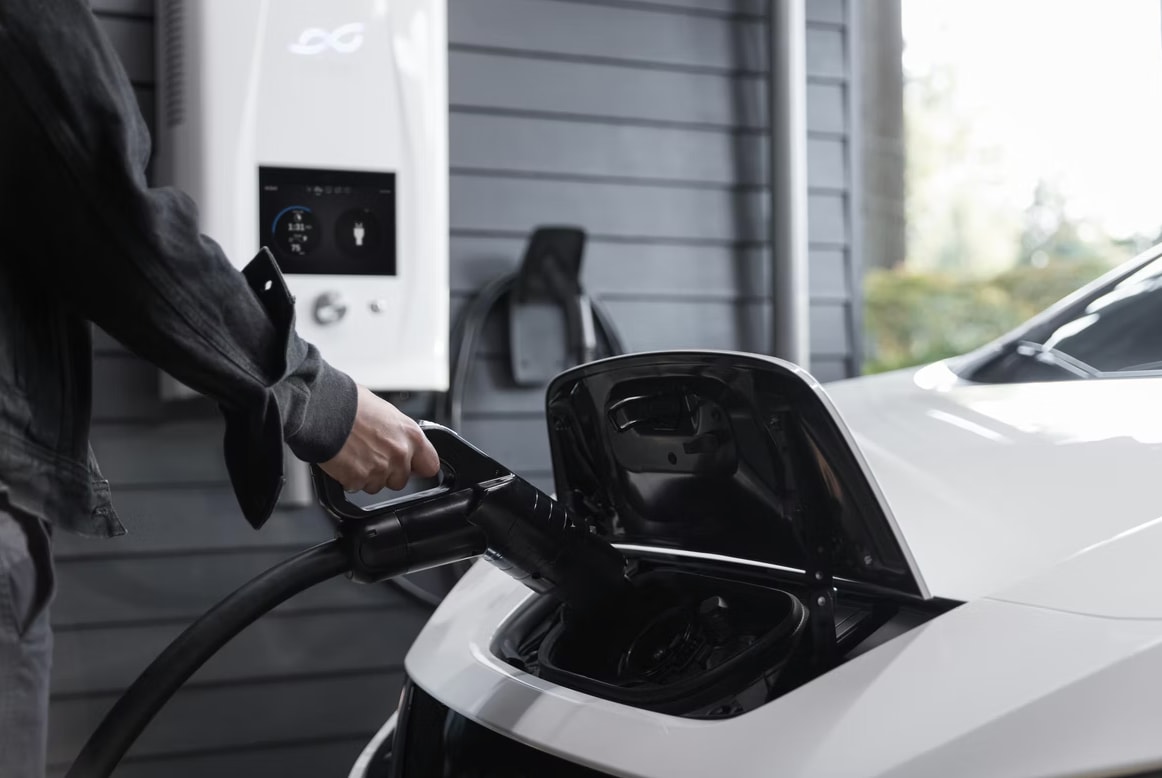
Going Electric is a significant change for any commuter. Prepping for a new way of driving is essential to maximizing your enjoyment of your new EV sedan or SUV.
Electric vehicles have progressed from being a luxury affair afforded by a privileged few to becoming more commercially available and accessible for everyone. However, there came a time when EVs were not being used for a while, or any car, for that matter. Knowing how long an electric car battery holds its charge is a relevant concern.
The world was on total lockdown for the latter half of 2019 and most of 2020. When you are not using a standard gasoline car and know it will be parked for a long time, you can unhook the car battery and leave the car parked in your garage. You can hook it back up and start the engine, provided there’s fuel in the tank.
The thing with EVs is that their fuel source is the power stored in their batteries. You hopefully will not find yourself in another lockdown soon, but there might be instances where you need to leave your car parked for a while. Knowing how long the battery will hold its charge can help you adequately prepare for what to do in such a situation.
This post will be your guide to help you get a better idea about the batteries used in EVs and how you should approach leaving your car parked if it will not be in use for a long time to protect its battery.
Click here to learn more about the Mercedes-EQ EQS!
Basics About EV Batteries
Standard gasoline-powered vehicles are equipped with lead-acid batteries. EVs come with lithium-ion battery packs, much like what you can find powering your smartphone or laptop. Lithium-ion batteries offer several advantages over lead-acid batteries, including:
- A more substantial energy density compared to rechargeable standard batteries
- They typically comprise several individual cells connected instead of a massive single unit
- These batteries also tend to hold their charge for a lot longer when not in use
The term used to indicate an EV’s battery is kilowatt-hour, or kWh. The more kWh a battery has, the more power it stores. Think of it as purchasing a car with a bigger gas tank compared to one with a smaller gas tank. The larger the tank, the more you can get out of the car without stopping for a refill.
Similarly, the greater the capacity of the EV, the more miles you can drive the vehicle before you need to plug it into a charging station. Of course, the EV’s power management system, how quickly it drains the battery, and its efficiency can make a significant difference in the distance you can get out of the vehicle on a single charge.
Click Here to see which EV Sedans and EV SUV models have the most range!
But How Long Does It Hold Its Charge?
The simplest thing you can do if you have to park your EV for a long time without using it is to charge it before you park it. An EV with an adequately charged battery can sit like that for months without any issues. Some EVs come with a power-saving or deep sleep mode that lets you get the most out of letting it sit without it losing its charge.
EVs lose their charge when parked, much like any other electrical device would. Most manufacturers recommend charging the battery up to 80% before parking it for a long time. The reason is that if the battery is fully charged and left for too long, it could end up damaging the battery. The power-saving or deep sleep modes available in many EVs disengage many systems that could gradually drain the battery to conserve its charge.
Temperature is another concern when it comes to electric vehicles. If you have ever used your phone in extremely cold weather, you might have noticed that its battery drains much faster. Higher temperatures also create a lot of problems for lithium-ion batteries. The change in temperature impacts the chemical reactions that take place within the batteries to provide the power and store it.
Suppose that you plan to leave your EV parked for a long time. You should leave your car in a garage or a covered space that will keep the temperatures relatively steady when it’s parked because that can conserve its battery.
Be sure to check out your auto manufacturer’s guidelines for long-term parking to get a better idea of how you can get the best out of the battery. We hope you found this guide on how long electric car batteries hold their charge helpful. Keep checking in for more EV blogs!
Click here to learn more about the Mercedes-EQ EQE!
 AdChoices
AdChoices